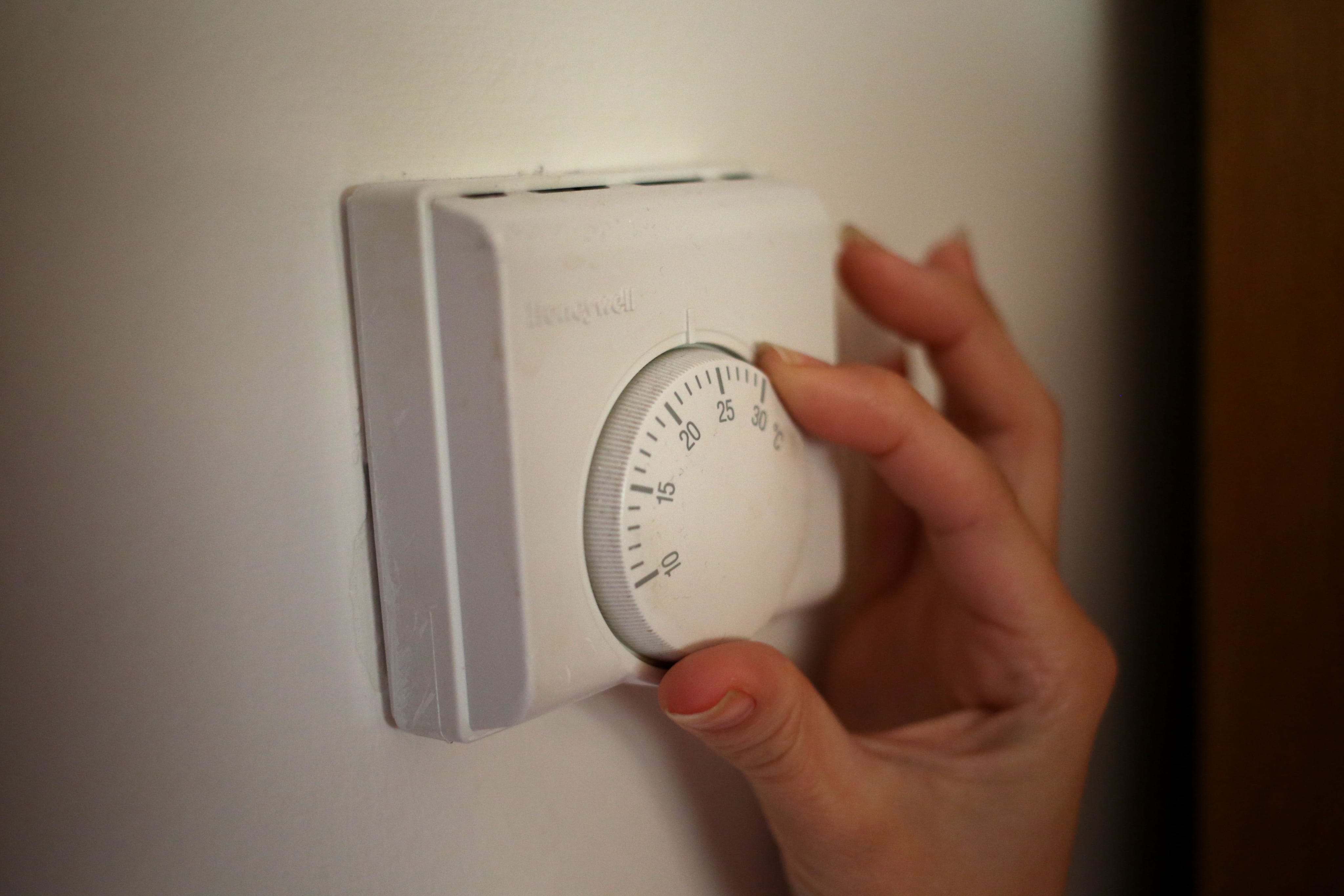More than two in five private renters across England and Wales were forced to ration their gas and electricity last winter simply to afford their energy bills, Citizens Advice has revealed.
A survey conducted for the advisory service indicates that a staggering third of private renters – equating to 3.5 million individuals – struggled to heat their homes to a comfortable temperature.
The charity stated that this dire situation compelled people to adopt "drastic measures," such as skipping hot meals, wearing gloves inside, and limiting heating to just one room.
Citizens Advice highlighted that heat escaping from "shoddy" homes was "burning a hole in renters’ pockets – something they have no power to fix."
This follows a warning issued last month by the same charity, which revealed that summer heatwaves left millions suffering from sleep deprivation, increased bills, and deteriorating health in properties ill-equipped for rising temperatures.
Official ONS data underscores this issue, showing that a significant majority of renters, 57 per cent, reside in properties with an energy efficiency rating below EPC ‘C’. Such low energy efficiency ratings inherently make homes more challenging and costly to heat.
People in homes with the current minimum ‘E’ rating spent an extra £317 on energy bills last winter – a cost they would have avoided if their homes had been upgraded to C, the charity said.

It has urged the Government to deliver promised new rules requiring landlords to upgrade properties to a minimum of EPC C by 2030.
However, nearly a third of renters (29 per cent) said they avoided asking for repairs or renovations because they feared rent hikes or creating tension with their landlord.
Of the 30 per cent who had asked, 13 per cent said their landlord imposed conditions such as higher rent, while 7 per cent said their landlord outright refused.
The charity is calling for enforcement of the Renters’ Rights Bill to protect renters from retaliation when asking for upgrades and repairs.
Emily Wise, energy adviser at Citizens Advice North East Lancashire, said: “Sadly, this is an all too familiar story. Many of the renters we help day-to-day say their landlords are hesitant to fix the substandard conditions they live in.
“Leaky, cold and damp housing is a huge problem in our local area, as many homes are particularly deteriorated due to salty sea air and high winds.
“Too often, this is forcing renters to spend disproportionately on gas and electricity in an attempt to achieve basic levels of comfort, as well as having to regularly choose between eating and heating their homes. Despite this, many of those we help are reluctant to raise these issues with their landlords because they fear putting their tenancy at risk.”

Citizens Advice chief executive Dame Clare Moriarty said: “Our advisers are bracing for more calls this winter from renters trapped in cold, leaky homes.
“It’s unacceptable that so many tenants are afraid to ask for the very basics – like fixing draughty doors, or replacing poor quality single-glazed windows.
“By 2030, the government must ensure no renter lives in a home that is excessively difficult and expensive to heat. And renters must urgently be given the security they deserve so they can ask landlords to fix substandard housing without fear of retaliation.”
A government spokesperson said: “Everyone deserves to live in a warm, comfortable home. We have consulted widely on our plans to require private rented homes to achieve Energy Performance Certificate C or equivalent by 2030.
“This could lift up to half a million homes out of fuel poverty, while making renters hundreds of pounds better off.
“We are taking urgent action this winter too, helping over six million households by expanding the £150 Warm Home Discount.”
Two in five renters forced to ration energy to afford bills – Citizens Advice
More UK children are living in poverty than pensioners - one policy could change this
Cos of living crisis sees household energy debt triple in 10 years
Britain will not ‘surrender’ flag to far-right protesters
The true cost of getting on housing ladder and why some Gen-Z may never own a home
Major supermarket recalls own-brand hummus over deadly E.coli fears







